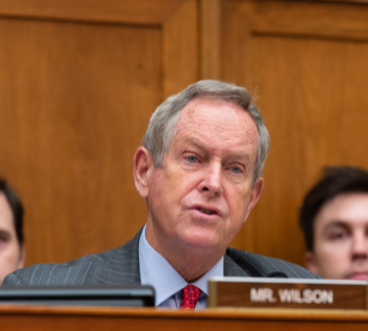The Helsinki Commission has a long history of engagement in Central Europe, recognizing the importance of the individual countries of the region even at a time when many policymakers focused only on Moscow as the center of the Warsaw Pact alliance.
During the communist period, Helsinki Commissioners met in Czechoslovakia with leading figures from the Charter 77 Movement, the Committee to Protect the Unjustly Persecuted, and underground churches and published two volumes of Charter 77 documents.
In 1992, Czechoslovakia chaired the OSCE, with Jiri Dienstbier representing the country for the first six months, followed by Josef Moravcik for the remainder of the year. The Czechoslovak Federation dissolved on January 1, 1993, and the Czech and Slovak Republics became independent states. In subsequent years, Commissioners have engaged on discrimination against American citizens in the Czech Republic’s laws on property compensation and restitution, denial of citizenship to Roma after the Czech Republic became independent, and addressing past sterilization of Romani women without informed consent.
Staff Contact: Jordan Warlick, policy advisor





